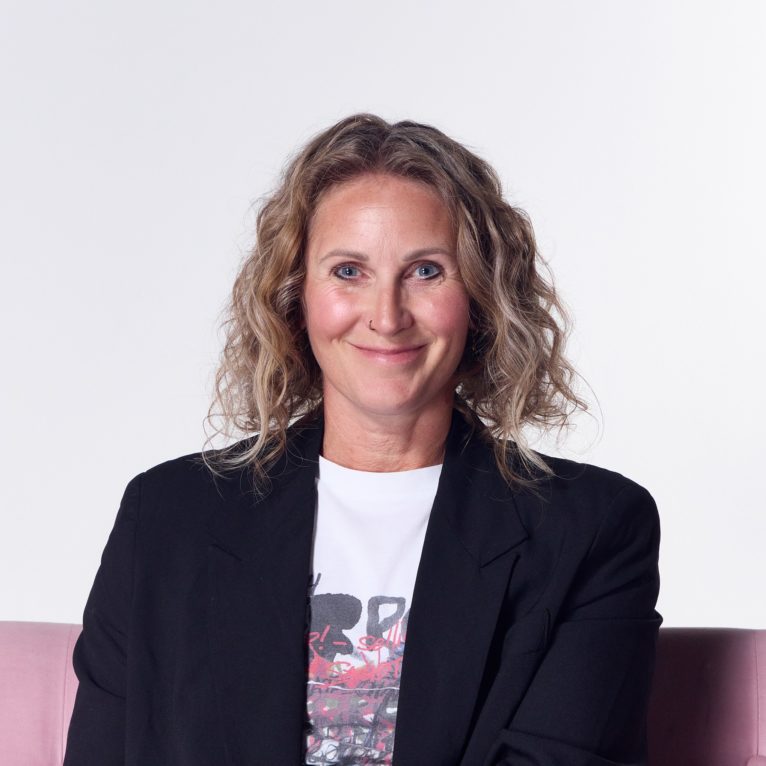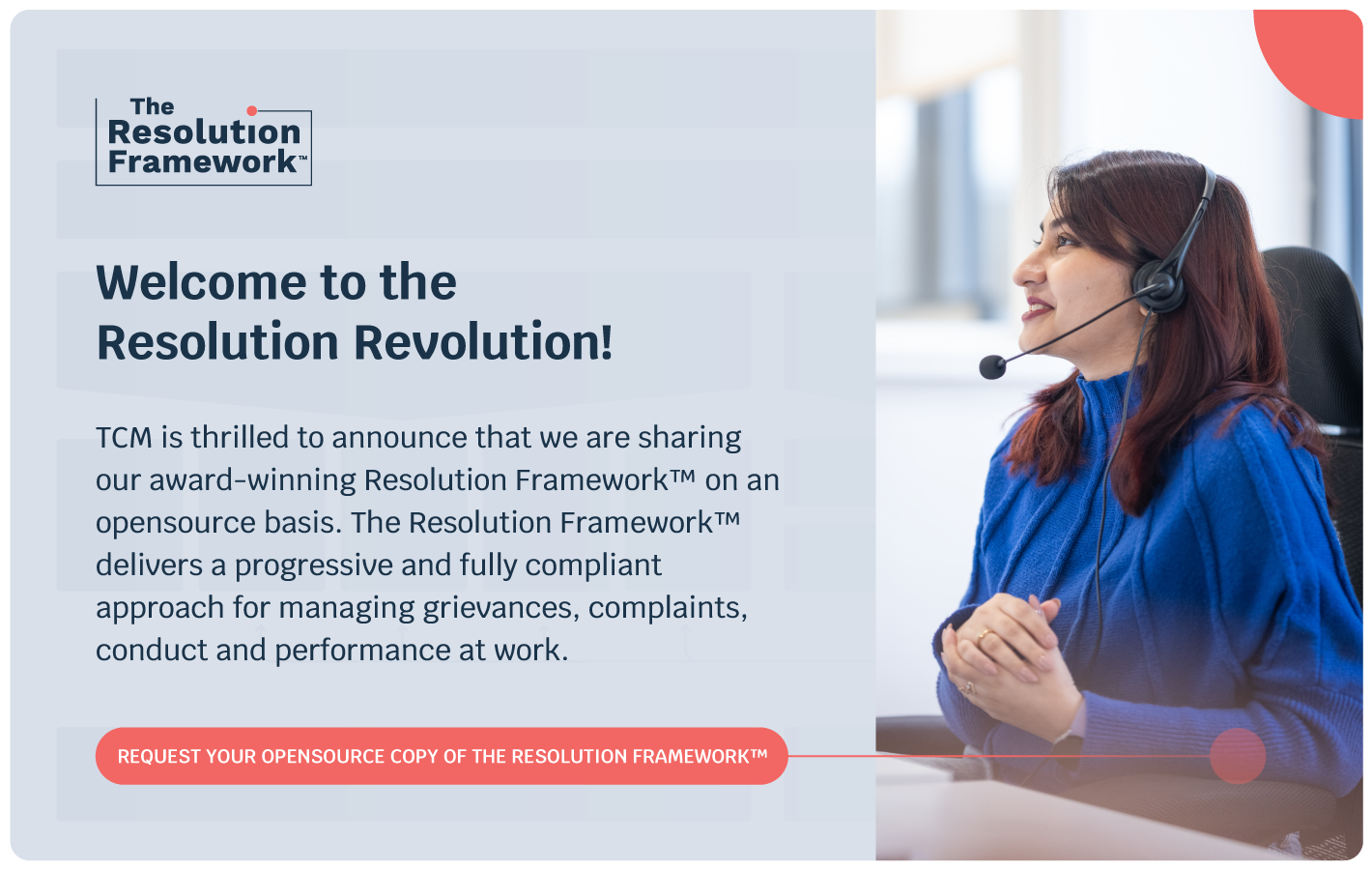
Share article:
Tags:
And the Oscar goes to…
I think there is some really useful stuff to learn as a coach and as a human, from Transactional Analysis (TA), and Stephen Karpman’s Drama Triangle is right up there. The role of a coach is not to teach or lecture, but there is arguably some real benefit for people, when they start to understand the games they play and the roles they adopt in terms of their relationships with others.
- Do you feel capable and confident overall, or do you feel like life just happens to you and you’re powerless to control things? Does “it’s not my fault” or “it’s not fair” or “I’m stuck” feel familiar?
- Do you often end up sorting everything out for those around you? Would the household/relationship/team fall apart without you? How often do you put your needs at the bottom of the priority list?
- How often are you angry? How often do you blame other people when the sh*t hits the fan? How much time do you spend criticising your partner/family/mates/colleagues (including what you think but don’t say)?
I’m pretty confident that we all tick some or all of these boxes, and some days it feels like we tick all of them before we’ve even had a coffee and fired up the laptop, right?! ? So, what is the Drama Triangle, what are the roles, and who do you like to play?
Stephen Karpman’s Drama Triangle is a social model of human interaction. The triangle maps the three roles adopted by people in dysfunctional or destructive interactions. It is a tool used in psychotherapy, specifically Transactional Analysis (TA), and as a coach I find it relevant in almost every conversation I have with someone who is exploring how they relate to someone else, be that their bf, boss, mum, teammate, or bestie…
The three roles are: Persecutor, Rescuer and Victim.
Persecutor
The Persecutor blames others. It is never their fault, and they will make sure you know it. They like to be in control to the extent where it can feel overwhelming or even like bullying to others. They’re often critical, angry, rigid, oppressive, and very quick to point the finger. They point out other people’s faults or flaws (to avoid the spotlight falling onto theirs, even though they probably swear they don’t have any). They’re the ones who ‘knew this would happen’ and have got a raft of email evidence as to why it can’t possibly be their fault already saved and ready to hit send at the slightest sign of choppy waters.
Rescuer
The Rescuer is the knight in shining armour who swoops in to save the day. They look for opportunities to save and fix others and will rush to the aid of anyone who needs them, regardless of their own needs. They like feeling wanted and valued, will start work early and leave the office late to help others, often have poor boundaries, and are most likely exhausted from trying to help everyone else. This role probably feels like the most ‘attractive’ one in the Drama Triangle, but its shadow is heavy and often routed in unmet childhood needs. In the role of Rescuer, we avoid ourselves and our own sh*t because we’re focusing on others and we keep people stuck in the role of Victim, by disempowering them and reinforcing their belief that they need others to make all their decisions and do stuff for them.
Victim
The Victim feels like the world is against them, and that they are helpless and hopeless in the situation. They don’t feel able to make good decisions and will subconsciously look to the Persecutor and/or Rescuer to reinforce their self-limiting beliefs. Think Trump and you’ve got some classic Victim behaviour; the ‘poor me’ mentality where the world is conspiring against us and we just can’t catch a break (and although acknowledging and accepting that we might have occasionally behaved like Donald Trump is pretty excruciating, he is a pretty good example). When we’re playing the role of the Victim, we can’t make decisions, we’re sad, our outlook is negative, and our self-talk is trash.
If you’re human and able to be honest with yourself, the chances are you’ll easily be able to picture a number of times when you’ve played one, two or all these roles. Think of the last time you had a big family get together, or the last time you yelled at your partner, or the last time you angrily deleted the ‘kind’ from ‘kind regards’ whilst emailing that colleague that just pushes all your buttons… what roles did you play?
It’s important to say that in terms of this model, we don’t choose a role and stick to it. This isn’t a life-long labelling exercise (because they’re helpful, aren’t they? ?) We subconsciously adopt a role and then respond to others and the roles that they subconsciously or habitually choose to play, and it’s perfectly viable to play all three roles in the space of one short conversation! Try it… next time you’re listening to a couple having words in IKEA, have a little game of Drama Triangle bingo, you’ll be amazed how easily we all switch from role to role as we dance around the triangle together.
So, if it’s such an unhelpful place to be, why do we all spend soooo much time in the Drama Triangle? Because, as you’ll hear me say pretty often, what keeps us stuck also keeps us safe.
The roles all have perceived benefits, which is why, when we’re in it… it can feel like a tough nut to crack. The Persecutor gets to feel superior, the Victim never has to be an adult and the Rescuer gets to feel needed. Happy days all round, eh?!
But ultimately, it’s an unhelpful, unproductive, and misery-inducing place to exist. If you want out, then as always, the first step to interrupting any pattern is to notice it. So, start to get curious in your interactions with others:
- Who always offers to stay late to dig a teammate out of a hole? Who’s the martyr of the team?
- Who is always focused on finding someone to blame when the sh*t hits the fan? Who throws their teammates under the bus on the regular?
- Who is your baby of the team? Who is problem-focused rather than eager to look for solutions? Who asks for constant reassurance or constantly puts themselves down?
Don’t forget to include self-observation in the above… chances are, you’re dancing around in that triangle somewhere too ?









